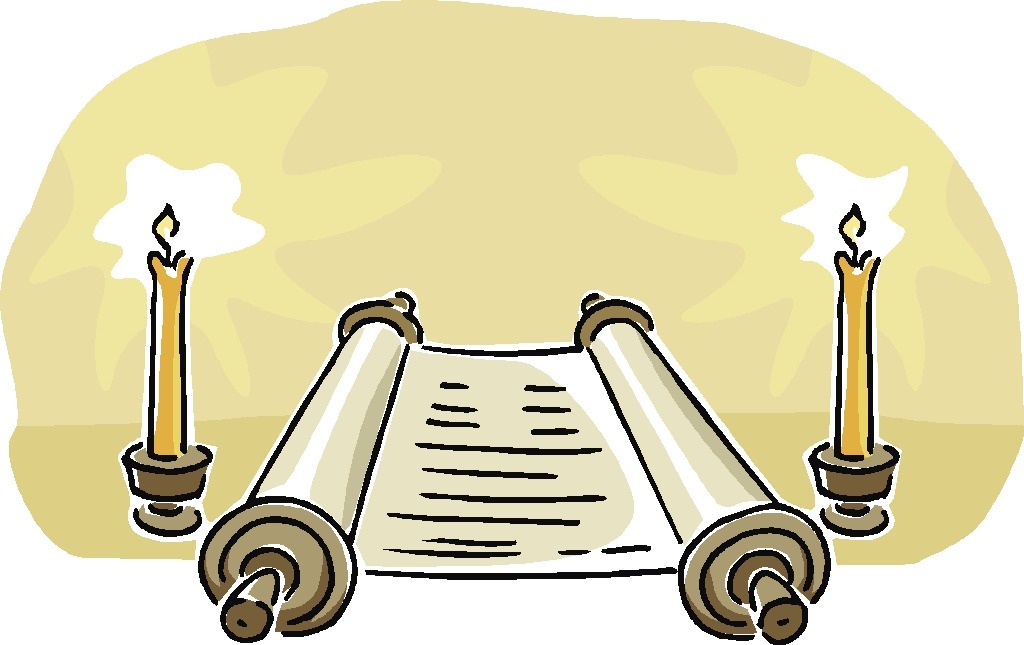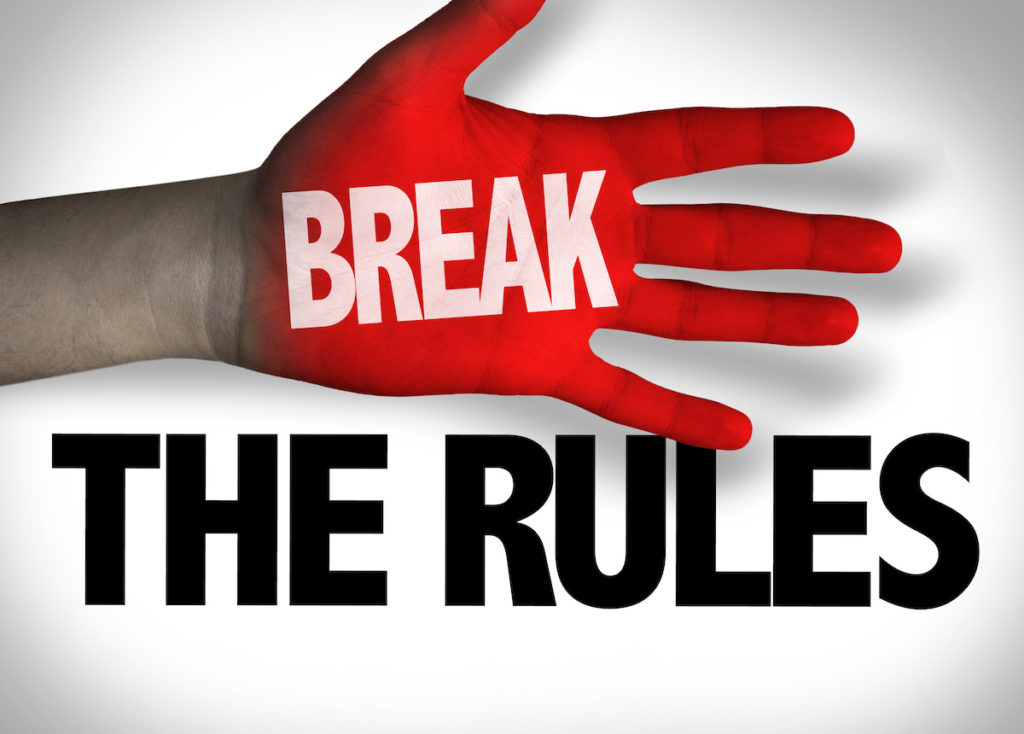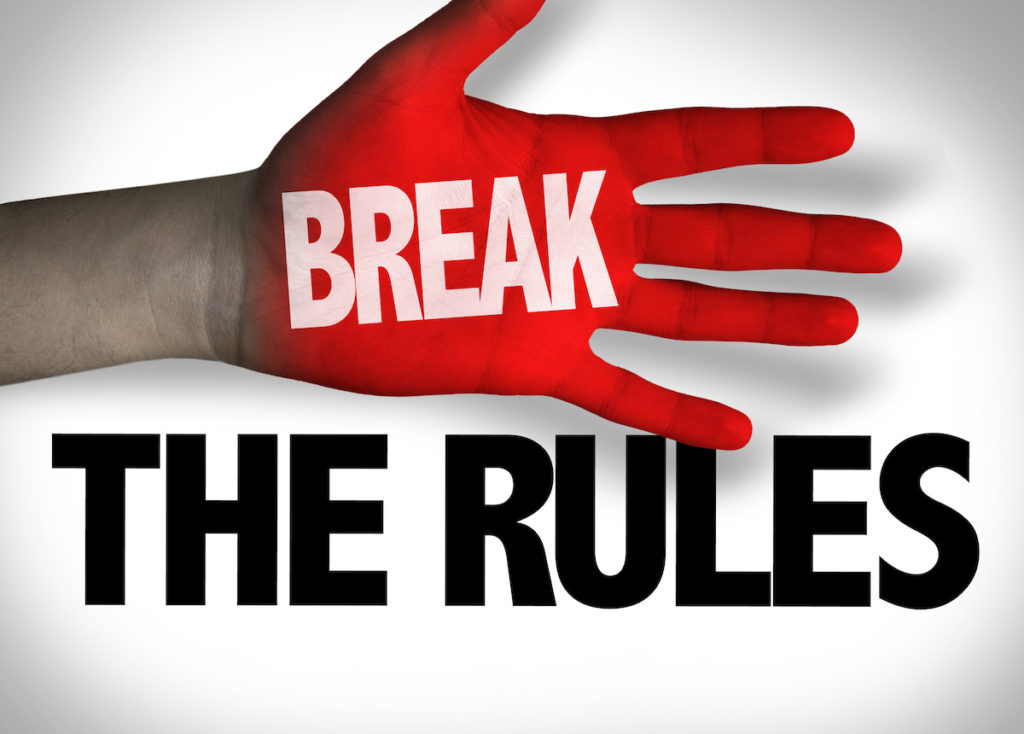

2 Corinthians 3:11, Passing away. This is not a reference to the Torah-law itself, but to the old or former covenant (i.e. the agreement or contract YHVH and Israel made with each other) as it phases into the new or renewed covenant. Yeshua initiated the new covenant at his last supper, but it will be finalized with the two houses of Israel (see Jer 31:31, 33 and Heb 8:8) at his second coming when the two sticks or houses of Israel are reunited (see Ezek 37:15–27) at which time he will finalize the new covenant with a reunited Israel (v. 26; see also Isa 54:10; 55:3; 59:21; Ezek 34:25; Jer 32:40; 50:5; Hos 2:18–23). We are presently in the intermediate phase between the two covenants. To view it differently, Yeshua betrothed himself to his spiritual bride (redeemed Israel, spiritual Israel or the Israel of Elohim, see Gal 6:16) at his last supper, but will marry her at his second coming. The saints who are now in Yeshua are under the new covenant as the betrothed bride of Yeshua, but all Israel will be brought into the new covenant at his second coming at which time he will finalize the covenant that he initiated with his disciples before his death.
Attaining Spiritual Maturity in the New Covenant—On Being a Spiritual Mountain Climber

This manna from heaven was revealed and downloaded to Natan in the back country of Alaska while sitting, Bible in hand, prayerfully, overlooking Little Port Walter on Baronov Island [75 miles SE of Sitka], and while on a boat in the Pacific Ocean in the Chatham Straights between Baronov and Admiralty islands.
On Being Spiritual Mountain Climbers
The beginning of the upward spiritual journey of YHVH’s people is memorialized in the counting of the omer, which starts on First Fruits Day occurring during the Feast of Unleavened Bread and culminates fifty days later with the Feast of Weeks or Pentecost (Heb. Shavuot; Lev 23:4–16). Each new step in this journey is a stepping stone or a launch pad to the next. For the Israelites, the journey started at sea level in the flat-land river delta of Egypt (a metaphor for this world, Satan and death) and then continues climbing higher and higher until it reaches heaven itself—the abode of Elohim.
From the time that YHVH revealed himself to the children of Israel while they were enslaved in Egypt, he has been calling his people to be spiritual mountain climbers. He first called the Israelites out of Egypt and up to Mount Sinai, and then up to Mount Zion in Jerusalem. He then called his people to come even higher yet to the upper room on the day of Pentecost, and he is now calling his people to come up even higher to the New Jerusalem that is above us and is the mother of us all. This highest mountain of YHVH is the ultimate source of our spiritual sustenance, the source of the river of life along which the trees of life are situated. From this spiritual wellspring comes all divine revelation and ultimately immortal life as children of the Most High.
The problem is that most people only climb so far in their spiritual journey and then stop, or they grow weary along the way or become comfortably complacent at the level they have thus far attained and never move past that spot. This is dangerous!

To not move forward spiritually is to stagnate and to die. YHVH wants a people that are on the move, who will obediently follow him wherever he leads, and not stop and park along the way only to construct their religious monuments with their fossilized customs, rituals and traditions. Heaven is a long way above the earthly plane, and YHVH wants children who will seek him no matter what, who have a heart to follow him no matter where, and no matter the cost. Although eternal life is a free gift from heaven, it won’t be given easily. It costs nothing, but, at the same time, it costs everything! Man must be willing to sacrifice his all—to lose his earthly life—to gain eternal life. YHVH refuses to give out his priceless gift of eternal life willy-nilly to anyone and everyone! YHVH requires that his saints be determined, tough and gritty mountain climbers who refuse to give up until that summit is reached. He has no pleasure in those who turn back, or refuse to go on. Only those who doggedly overcome the world, the flesh and the devil remaining lovingly loyal and obedient to him will receive the highest reward he has to offer.
The Spirit Versus the a Letter of the Law—the Two Covenants
Let’s now explore what it is to climb the mountains that YHVH has placed before us to ascertain where we are at on the journey and how far we have to go to reach the ultimate summit.
In 2 Corinthians 3:1–18 we read,
1 Do we begin again to commend ourselves? Or do we need, as some others, epistles of commendation to you or letters of commendation from you? 2 You are our epistle written in our hearts, known and read by all men; 3 clearly you are an epistle of the Messiah, ministered by us, written not with ink but by the Spirit of the living Elohim, not on tablets of stone but on tablets of flesh, that is, of the heart. 4 And we have such trust through the Messiah toward Elohim. 5 Not that we are sufficient of ourselves to think of anything as being from ourselves, but our sufficiency is from Elohim, 6 who also made us sufficient as ministers of the new covenant, not of the letter but of the Spirit; for the letter kills, but the Spirit gives life. 7 But if the ministry of death, written and engraved on stones, was glorious, so that the children of Israel could not look steadily at the face of Moses because of the glory of his countenance, which glory was passing away [brought to an end, ESV; Gr. katargeo], 8 how will the ministry of the Spirit not be more glorious? 9 For if the ministry of condemnation had glory, the ministry of righteousness exceeds much more in glory. 10 For even what was made glorious had no glory in this respect, because of the glory that excels. 11 For if what is passing away [Gr. katargeo] was glorious, what remains is much more glorious. 12 Therefore, since we have such hope, we use great boldness of speech — 13 unlike Moses, who put a veil over his face so that the children of Israel could not look steadily at the end of what was passing away [Gr. katargeo]. 14 But their minds were blinded. For until this day the same veil remains unlifted in the reading of the Old Testament, because the veil is taken away in the Messiah. 15 But even to this day, when Moses is read, a veil lies on their heart. 16 Nevertheless when one turns to the Lord, the veil is taken away. 17 Now the Lord is the Spirit; and where the Spirit of the Lord is, there is liberty. 18 But we all, with unveiled face, beholding as in a mirror the glory of the Lord, are being transformed into the same image from glory to glory, just as by the Spirit of the Lord.
Let’s now explain this passage to understand better the transition between the “old” and “new” covenants and the differences between the two.
- Verse 7, Was passing away [NKJV]/brought to and end [ESV], This phrase is the Greek word katargeo meaning “to render idle or useless, to vanish, to abolish, to put away, to make of none effect.” What was brought to an end or rendered idle? Hold that question in your mind. We will answer it below.
- Verse 5, Ministers of the new covenant, not of the letter but of the Spirit; for the letter kills, but the Spirit gives life. What Paul is saying here that believers in Yeshua must mature from just a letter-of-the-law orientation in their spiritual walk, to both a letter- and spirit-of-the-law orientation. We know that the letter of the Torah has not been done away with or passed away because Yeshua says so in his Sermon on the Mount (Matthew chapters 5–7), where he teaches, for example, that not only murder (the letter of the law is forbidden), but also hatred for a person (the spirit of the law). He says the same about adultery and lust and so on. We know that this is what Paul believed and taught because he elsewhere instructed us to follow or imitate Yeshua as he did (1 Cor 11:1).







